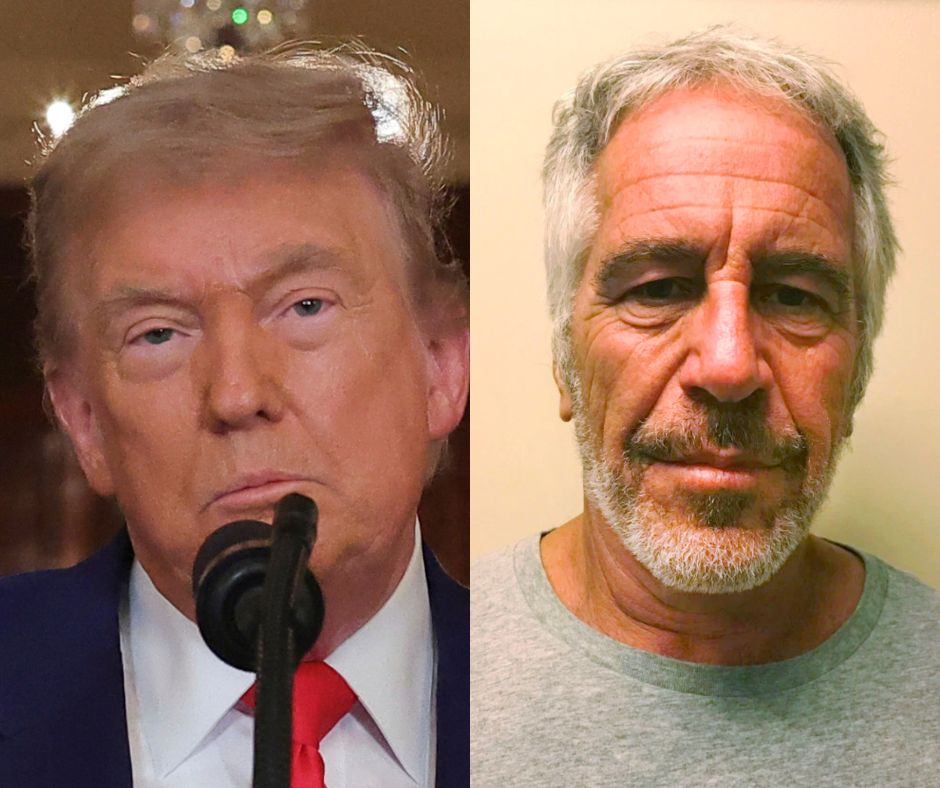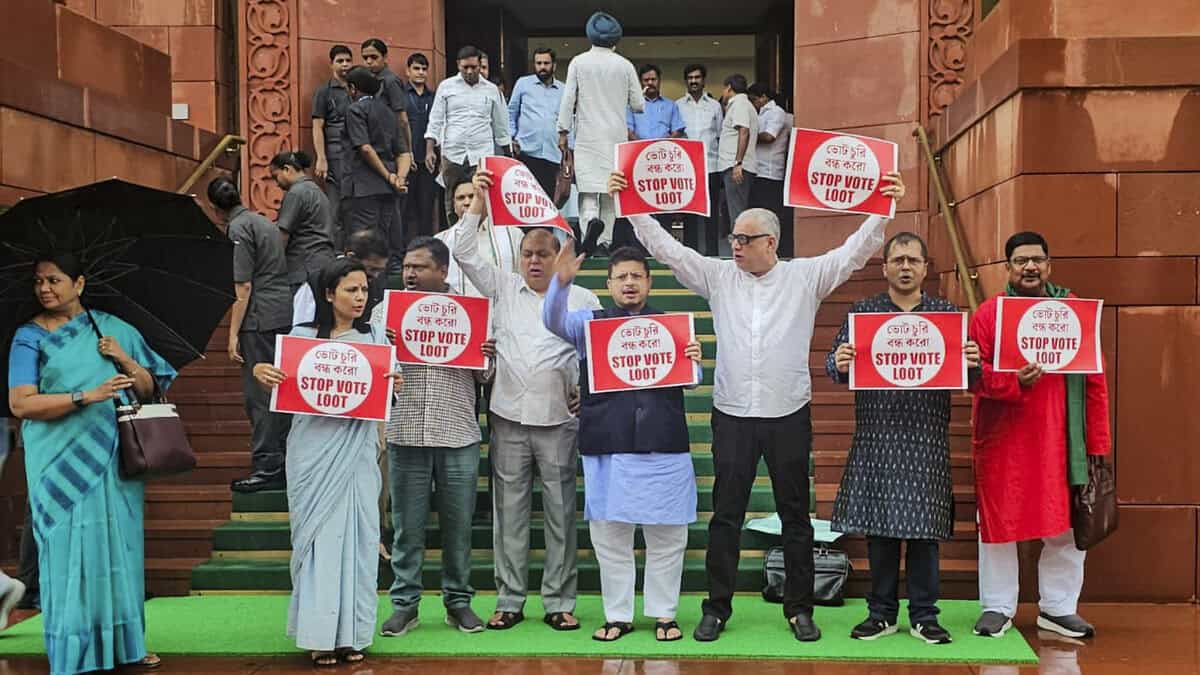New Delhi: US President Donald Trump’s 25 per cent tariffs on India, his “bullying tactics” and increasing attempts to hyphenate New Delhi with Islamabad are worrying signs after over two decades of unfettered upswing in bilateral ties, strategic affairs experts said on Thursday.
Trump‘s actions including his announcement on a trade deal with Pakistan and his offer of support to develop its “massive oil reserves” notwithstanding Islamabad‘s collusivity with Beijing reflected a “clear shift” in Washington’s overall approach to the Indian sub-continent, they said.
India now cannot take the US for granted as a strategic partner and may have to resign to the possibility of dealing alone with massive challenges in the domains of semiconductors, critical defence technologies, energy and to combat terrorism, they argued.

The US president on Wednesday announced the 25 per cent tariff on India from August 1 along with an unspecified “penalty” for buying “vast majority” of Russian military equipment and crude oil, adding India has the “most strenuous and obnoxious” non-monetary trade barriers.
As India was analysing the potential impact of the US tariffs on its exports, Trump again blasted New Delhi for its trade links with Russia, indicating a serious strain in the bilateral ties. “I don’t care what India does with Russia. They can take their dead economies down together, for all I care.”
The foreign policy experts said the current state of India-US relations has entered into a trajectory that is a total contrast to nearly two decades of rapid expansion in ties whose foundation was laid by President Bill Clinton’s path-breaking visit to India in 2000. The presidency of Barack Obama that began in 2009 marked a rapid stride in the ties.
Over the last few months, India and the US held several rounds of negotiations for a bilateral trade deal but it could not be sealed in view of sharp divergences in certain critical areas including agriculture and dairy.
“There is clearly a shift in US approach towards Pakistan after President Trump’s meeting with Pakistan Army Chief Gen Asim Munir over a month back,” said one of the experts on condition of anonymity.
It is particularly disturbing as the Trump administration is also appearing to be going noticeably soft on China, India’s key adversary, said the expert.


While announcing Washington’s trade deal with Islamabad, Trump also said that the US will work together on developing Pakistan’s “massive oil reserves”.
“We are in the process of choosing the oil company that will lead this partnership,” the president said while half-jokingly adding: “Who knows, maybe they’ll be selling oil to India some day!.” The comments have not gone down well in India.
“We are a sovereign democracy with a global outlook, not a convenient scapegoat. If partnership is the goal, as it is, then respect can be the only foundation,” former foreign secretary Nirupama Menon Rao said.
While India is estimated to have 671 million tonnes of crude oil reserves, there is no such data for Pakistan. Some reports claimed that the country could have a potential reserves of 32-35 million tonnes.
“Trump’s language shows his frustration over India not succumbing to his pressure. In a way, his language also reflects our uncompromising position on certain crucial issues,” said Ajay Srivastava of Globat Trade Research Initiative (GTRI).
Srivastava argued that India must try to firm up the trade deal with the US adopting a flexible approach without compromising its stated position on sectors such as agriculture and dairy.
“At a deep level, I think Donald Trump does not understand the importance of the India-US relations,” he noted.
The experts said Trump is trying to exert pressure on New Delhi to agree to his demands as he got favourable trade deals with major partners like Japan, the UK and the European Union in recent days.
These bullying tactics will not work at all, said another expert.
The bilateral trade between India and the US was around USD 130 billion last year and there was a projection of upward mobility in the volume.
However, any disruption in India’s exports to the US could have an adverse impact on overall trade volume.
There have been apprehensions about implementation of several mega initiatives between India and the US including COMPACT (Catalysing Opportunities for Military Partnership, Accelerated Commerce and Technology) following Trump’s adverse remarks.
The COMPACT initiative, aimed at driving transformative change across key pillars of cooperation, was launched following talks between Modi and Trump in February.

















































